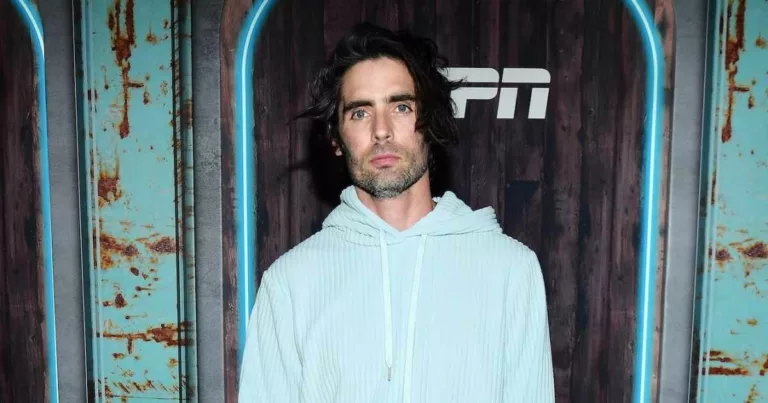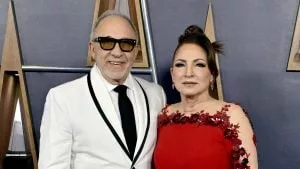Tyler Baltierra Claps Back at Accusations of Faking Autism Diagnosis
Tyler Baltierra, known for his role on the reality series “Teen Mom,” is standing firm against accusations that he is misrepresenting his autism diagnosis. Just two weeks after publicly sharing his diagnosis, Baltierra and his wife, Catelynn Lowell, addressed the backlash during a recent episode of their podcast, “Cate & Ty Break It Down.”
In the September 10 episode, Tyler expressed his bewilderment over the harsh comments that flooded social media, questioning his authenticity. “I don’t know what’s going on,” he stated. “Society is either losing empathy, or we are getting hardened. I don’t know what’s happening. The comments were so appalling.”
The criticism included claims that he was merely being “an a–hole” or “narcissistic,” which left Tyler visibly disheartened. “What do I gotta do? Pull out my whole report and show it to you?” he challenged his listeners. “Have we gotten to a place in society where instead of saying, ‘Oh wow. Can you explain more about that?’ or ‘What is that like?’ you’re questioning people’s diagnosis? You’re literally shaming them for having it, telling them they’re liars?”
Tyler revealed that his journey with mental health is complex; he was diagnosed with ADHD in childhood and later received a bipolar disorder diagnosis. His recent autism diagnosis, he explained, helps him better understand how his brain works. “Instead of trying to fix it, let’s just try to live with this thing,” he said. “Knowing this information makes me better aware.”
Catelynn, who shares four children with Tyler, also weighed in on the negativity surrounding his diagnosis. She fiercely defended her husband, stating, “If you’re judging anybody because they’re sharing that they have an autism diagnosis, you are a sick, cold-hearted individual.” Her strong response highlights the importance of support and understanding in conversations about mental health and neurodiversity.
Tyler emphasized the broader implications of the dismissive remarks directed at him. “You’re not just saying it to me,” he noted. “You’re speaking about anyone who’s reading these comments who has autism or any kind of thing.” This sentiment resonates in a society where many individuals feel pressured to conceal their differences rather than celebrate them.
Despite the pushback, there has been a silver lining. Baltierra shared on his podcast that he has received numerous private messages from individuals expressing gratitude for his openness. “Thank you so much for being vulnerable and sharing this diagnosis publicly and talking about it and just getting people talking about autism,” they’ve said. This response underscores the importance of visibility for those on the autism spectrum and the positive impact that honest discussions can have on public perception.
As celebrity culture continues to evolve, the conversation surrounding mental health and neurodiversity is becoming increasingly critical. Tyler’s experience acts as a microcosm of a larger societal issue—one where understanding and acceptance often clash with ignorance and insensitivity.
In an age where celebrities wield significant influence, their stories can challenge misconceptions and foster empathy among fans and followers. Tyler Baltierra’s experience is a reminder of the importance of compassion and the need for open dialogue when it comes to mental health issues. As he navigates this journey, it will be interesting to see how his experiences shape not only his own narrative but also the public’s understanding of autism and mental health in general.
Looking ahead, as the awards season approaches, it will be intriguing to see whether this controversy around his diagnosis impacts his public persona or the reception of his upcoming projects. The entertainment industry is notorious for its sensitivity to public opinion, and Baltierra’s case raises critical questions about how mental health discussions intersect with celebrity culture.
Tyler’s resilience in facing criticism and his commitment to fostering a dialogue about autism can potentially inspire a wave of change. By sharing his story, he encourages others to embrace their own experiences, creating a ripple effect that could lead to broader societal acceptance and understanding of neurodiversity.
In conclusion, Tyler Baltierra’s recent experiences serve as a powerful reminder of the need for empathy and understanding in our society. As he continues to bravely share his story, it highlights how important it is for public figures to use their platforms to shed light on mental health and neurodiversity. Tyler’s voice not only contributes to the ongoing conversation but also empowers others to speak out and seek support in their own journeys.






